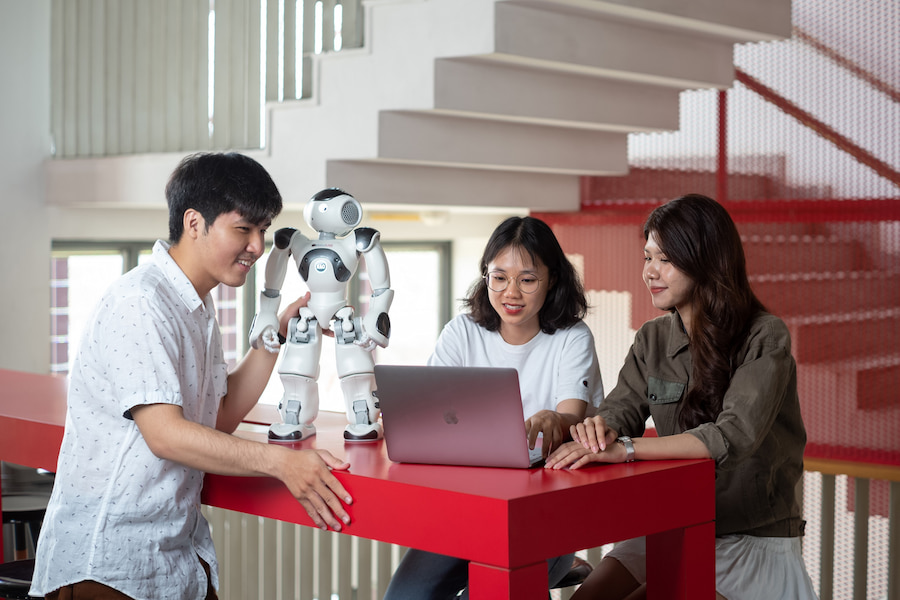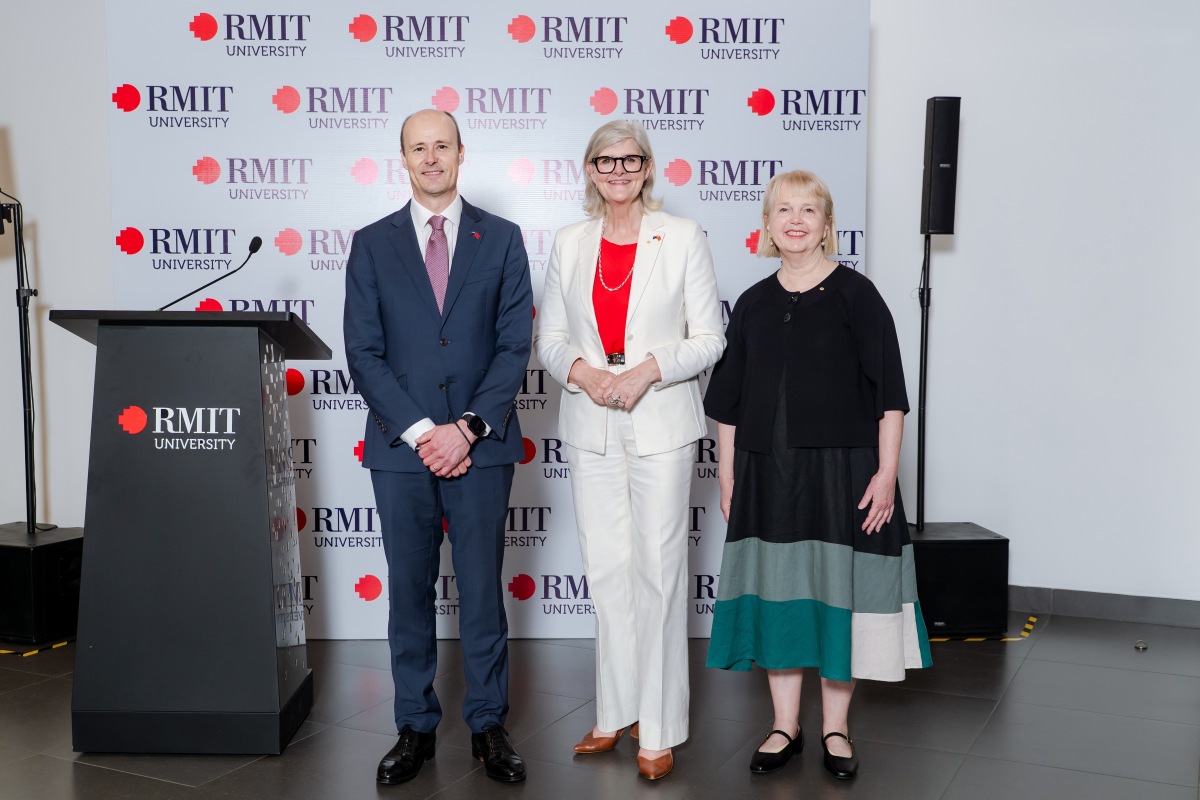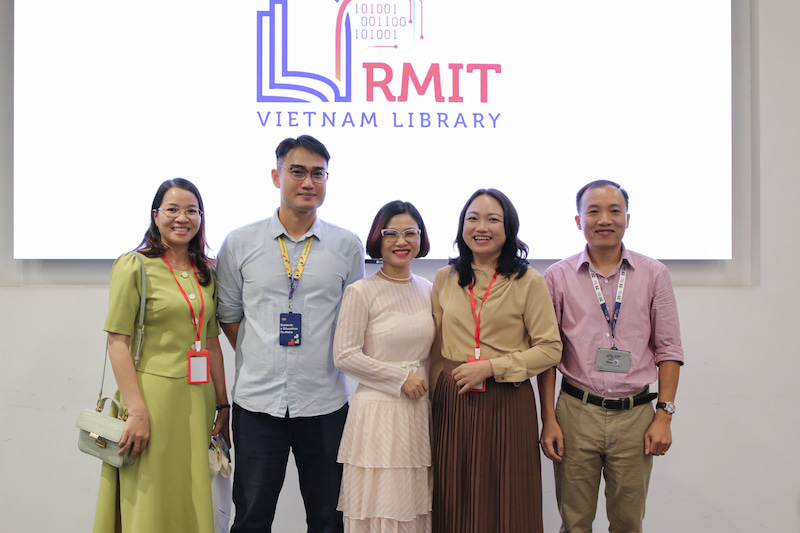Studies from world-leading universities like Harvard, MIT, and Wharton are finding that people using AI finish more tasks (+12.2% more on average), faster (+25.1%) to a higher level of quality (+40%) (Dell’Acqua et al, 2023). As advanced AI systems like ChatGPT become increasingly pervasive, university leaders around the world face complex decisions on effectively leveraging these technologies while upholding academic integrity.
Rather than banning AI, RMIT University has committed to critically evaluating and embracing its potential educational benefits. According to RMIT Deputy Vice-Chancellor Education Professor Sherman Young, “AI will be an integral part of our future life and work. We need to teach our students how to use AI critically, ethically and appropriately, just as we’ve taught them how to use other technologies to work more efficiently and effectively”.
The University has developed its own in-house AI (Val – short for Virtual Assistant for Learning) in partnership with Microsoft and currently available for staff use in RMIT-related work, research, learning and teaching. It has hosted international speakers, convened international collaborations between Vietnam and Australia, and actively innovated in this exciting new space in higher education.
Harnessing AI starts with curriculum design
RMIT has adopted a pragmatic, evolutionary approach to implement AI, with educators across the university spearheading varied innovative efforts to experiment with and integrate AI’s enormous opportunities. Some of these innovations were recently showcased by staff from RMIT campuses in both Australia and Vietnam.
In curriculum development, learning designers at RMIT Vietnam have extensively used generative AI to craft narratives and analogies to explain concepts, as well as generate examples, scenarios and activities for classes.
A combination of AI and gamification can also help facilitate engagement, as Dr Santiago Velasquez, Assistant Program Manager of RMIT Vietnam’s MBA program has successfully piloted. Dr Velasquez has used AI to create detailed, fictional, and interactive personas that students can roleplay with for design thinking exercises. He noted that the enhanced realism of engaging with an AI leads to increased student engagement and outcomes, enabling students to perform high-quality research compared to traditional roleplays.






